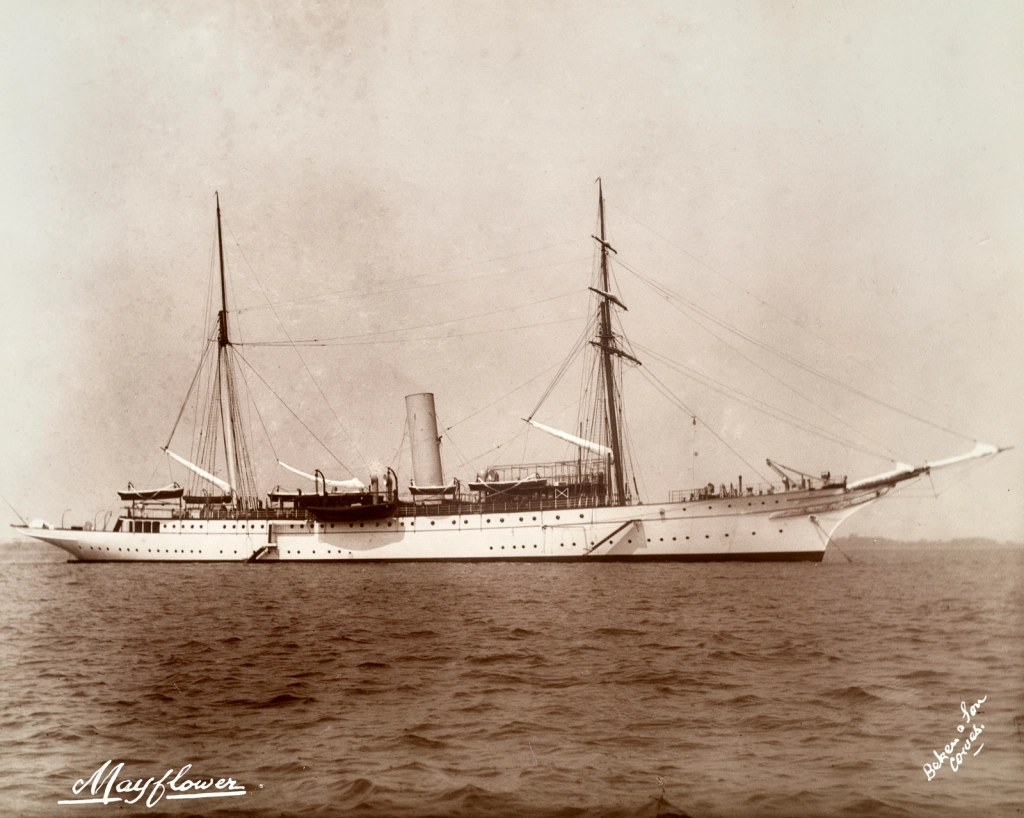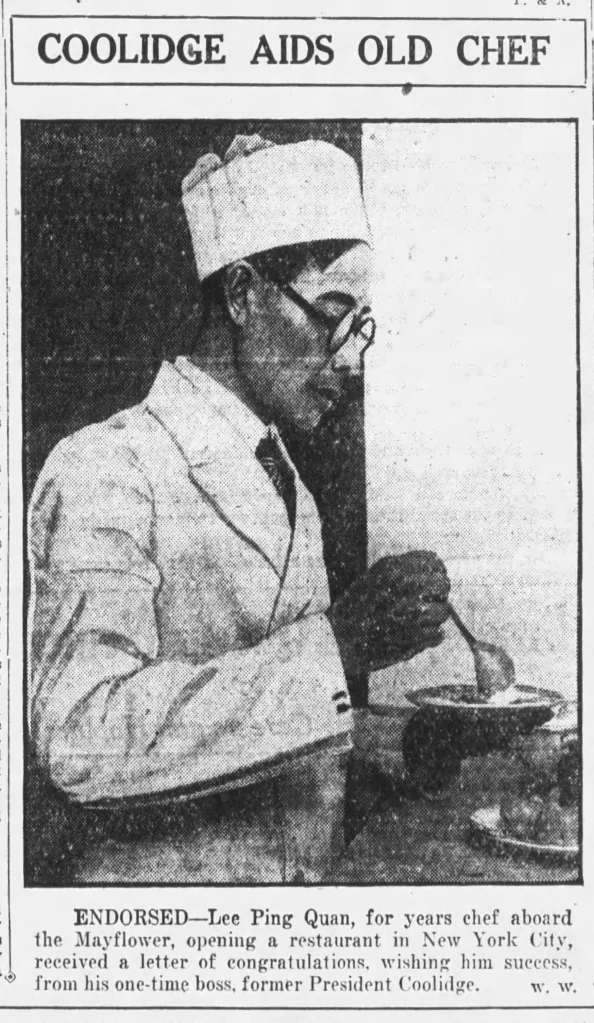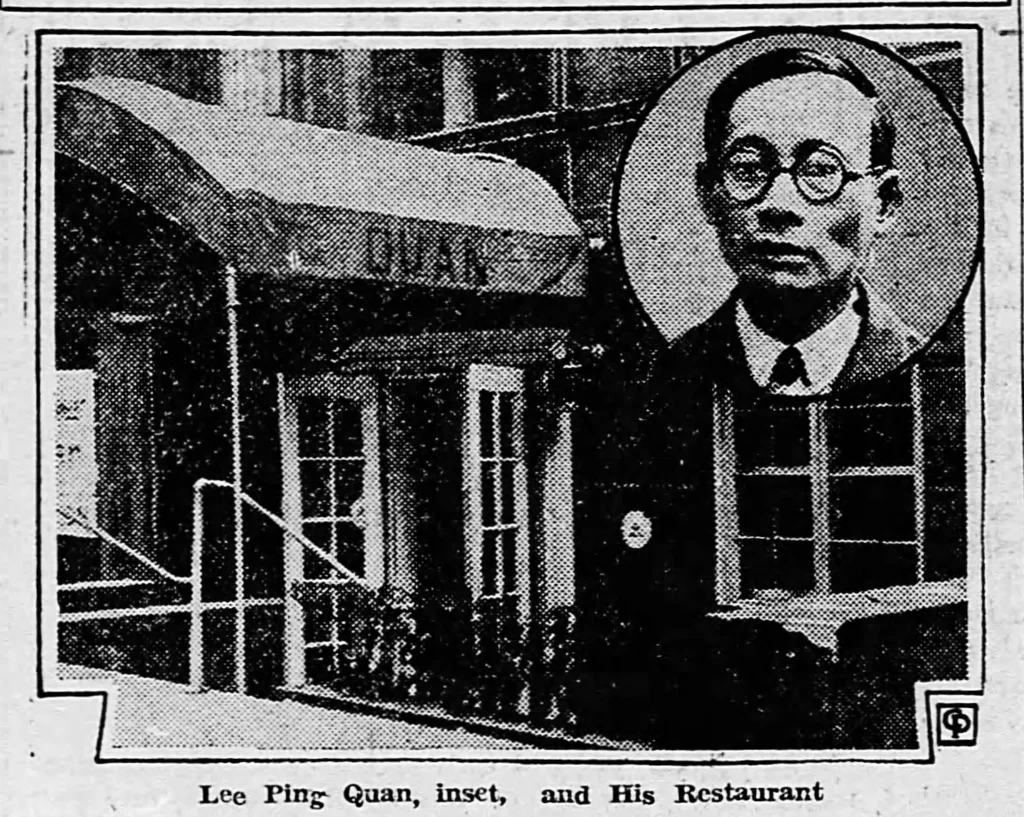Lakeside Inn, overlooking beautiful Lake Dora in Mount Dora, Florida, brought former President Calvin Coolidge and his wife, Grace, the lovely former First Lady, to stay as guests in January-February 1930. Manager Archie Hurlburt and his wife, Margaret, long-time friends of the Coolidges since their days in Massachusetts, coordinated to bring the famous couple out on their first cross-country trip following the White House. Having so enjoyable a stay in the state, their time in Florida ran longer than initially planned but by doing so they found the region restful, the people welcoming, and the whole experience one worth repeating again, if they could. The President dedicated the new Terrace Building in a remarkable parade and ceremony and even intimidated some of the lake bass with rod and reel. Mrs. Coolidge played piano in the front lobby and picked oranges from the yard (a delightful luxury for any New Englander). Together they walked and window shopped, and occasionally enjoyed a quiet rock on the front porch.
They stayed in the newly dedicated Terrace Building, adjoining rooms 135-137 (now Room 619), before departing for New Orleans and points west. Lakeside’s current owners, the Gundersons, have made the landscape and a stay at the Inn a truly restorative experience, however long one plans to be there. Nor is it surprising that their love and regard for the Coolidges yields an occasional sighting of Cal on the grounds. Such a sighting includes this one of the former President, leaving their room in The Terrace. He is seen, in this photo by Lakeside guest and Lexington, Ohio, businessman Sidney Lynn Earhart (1889-1973), walking beyond the front porch of the Lakeside, crossing the driveway beside The Gables and, perhaps, toward the Verandah, where Grace may be waiting for lunch or tea. An informal snapshot, to be sure, as Cal — a private citizen at last — is moving at his own pace, unaccompanied by any security, clearly on a mission, facing away from the camera, and leaning into his destination. Enjoy the fresh Florida air, Mr. Coolidge.










